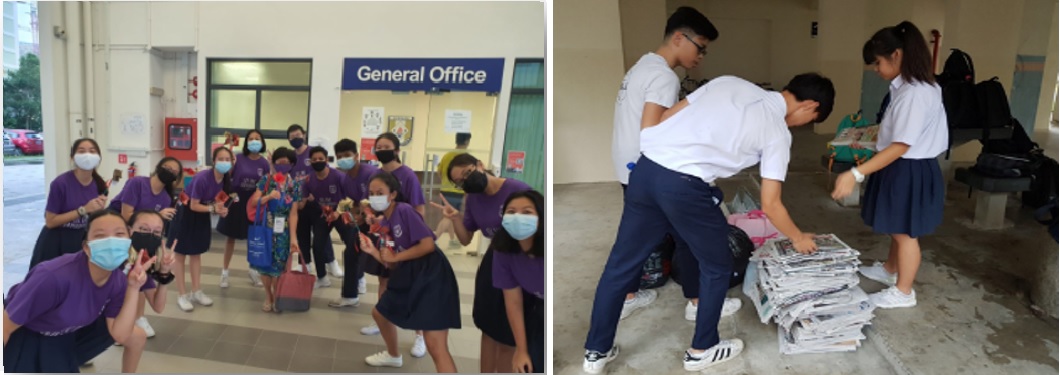Community Youth Leadership (LLP)
Introduction
Vision: Every Dunearnite a Community Youth Leader who is Confident, Concerned, Contributing Actively and Self-Directed
Mission: To develop Dunearnites to be leaders in the personal, team, thoughtful (community and global outlook) domains
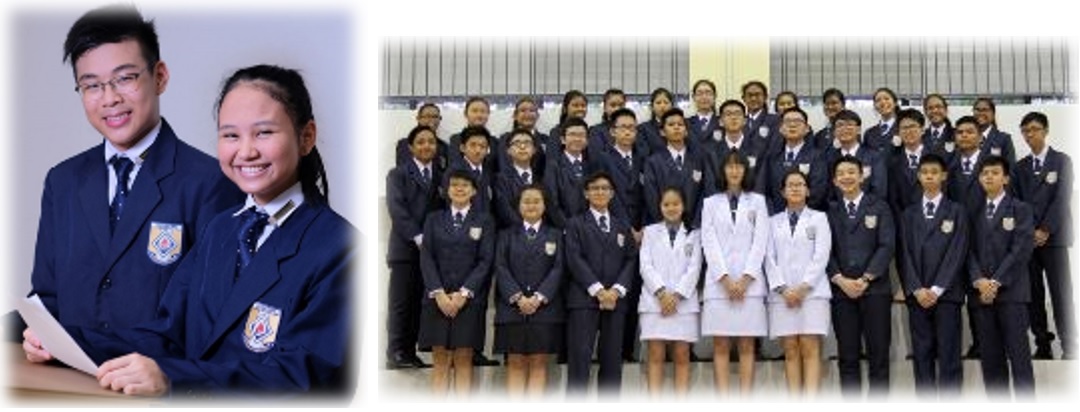
Dunearn Secondary School’s Learning for Life Program aims to develop every Dunearnite into a Community Youth Leader who is a confident, concerned, self-directed and actively contributing citizen. This is aligned to the school’s Strategic Thrust 1 which is “Nurturing Leaders through Holistic Development” and the school’s Strategic Objective 1.4 - To develop leadership in students through four key leadership domains. Aligned with MOE’s 21st Century Competencies and Desired Outcomes of Education, the platforms and opportunities allows students to demonstrate and apply their knowledge and skills to lead by serving the community.
Objective of LLP - CYL
Through initiatives organized, students will acquire and demonstrate leadership competencies across four domains such as Personal Leadership, Team Leadership, Community Leadership and Global Leadership. Student leadership development is part of Dunearn’s holistic development efforts to develop in every Dunearnite, the necessary leadership skills and social and emotional competencies to:
- communicate effectively
- think creatively and critically
- work collaboratively with others
- develop compassion for others
- develop resilience when confronted with complex situations/issues
The programme looks at the 4 leadership domains of Personal, Team, Community and Global across the 3 Tiers for Student Leadership.
- Tier 1 : Cohort training skills on 4 leadership domains
- Tier 2 : Needs assessment and Community Youth Advocacy
- Tier 3 : Mentoring and Coaching
Leadership Model And Student Leaders
Dunearn adopts the Leadership Challenge Model (LCM) as a reference for the student's leadership development. The leadership practices are aligned to the outcomes for the difference leadership domains and tiers.
Leadership Model
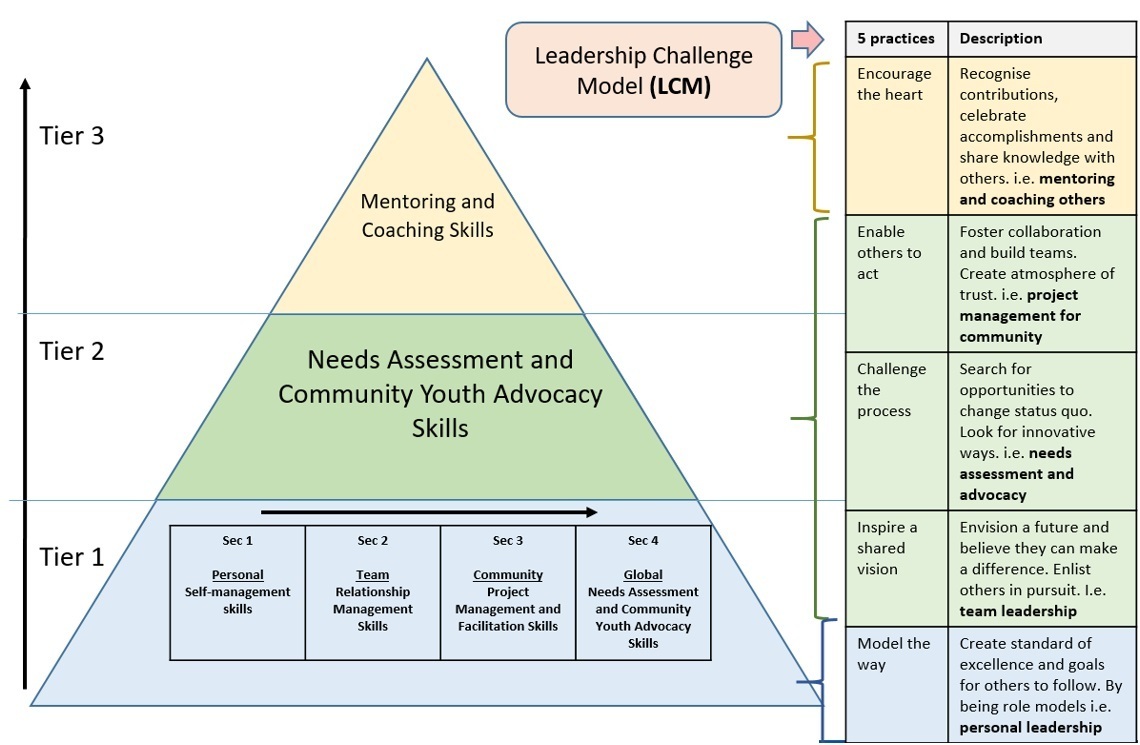
To operationalise the framework, the students will go through a series of training, application and evaluation with VIA as the main driver. Other school programmes and events also provide a platform for the application of the leadership skills and knowledge.
The Leadership Challenge
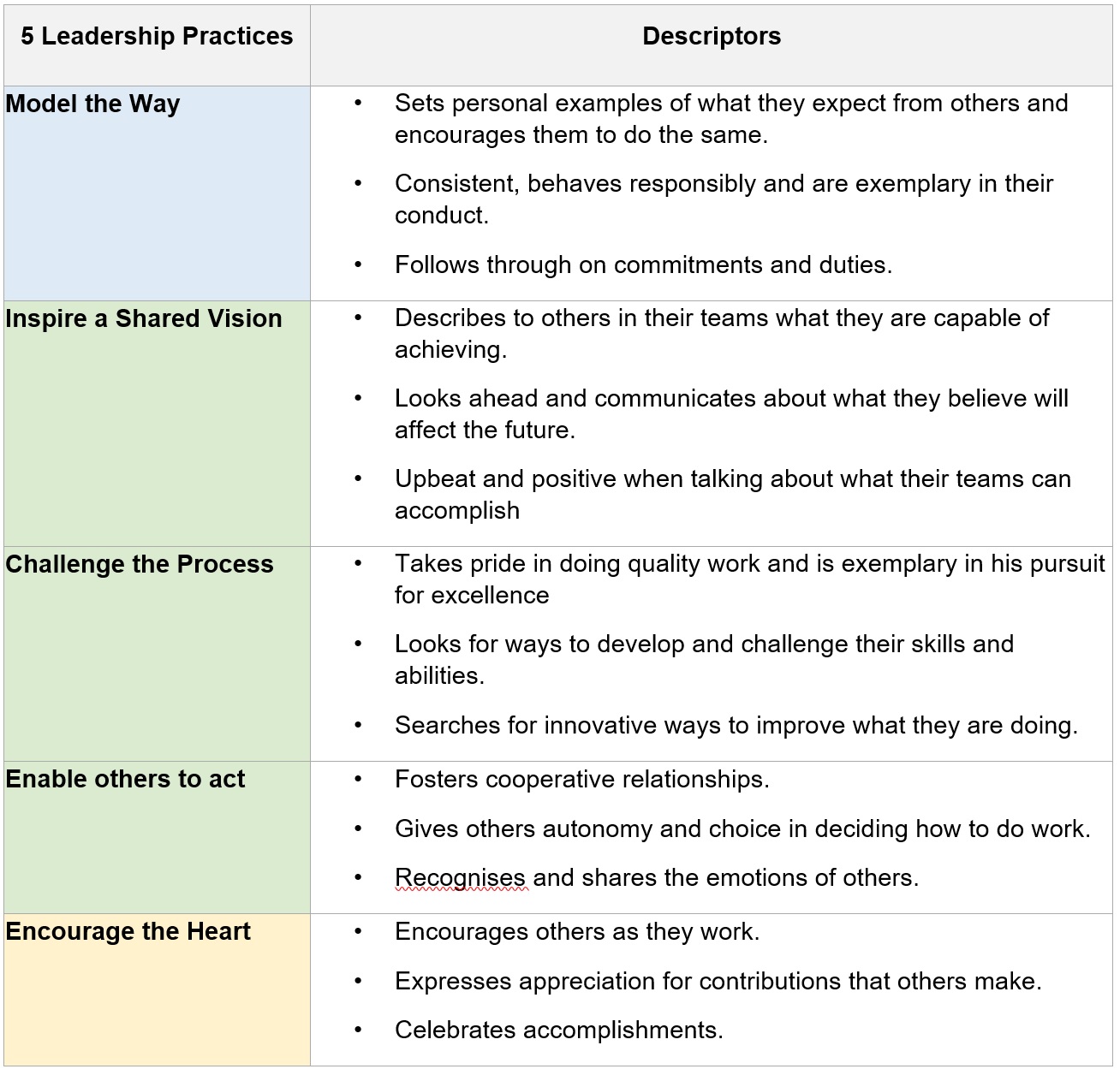
Student Leaders
The student leaders involved comprises of student body with Tier 1 targeting the whole cohort and Tier 2 & 3 targeting the identified group of students.
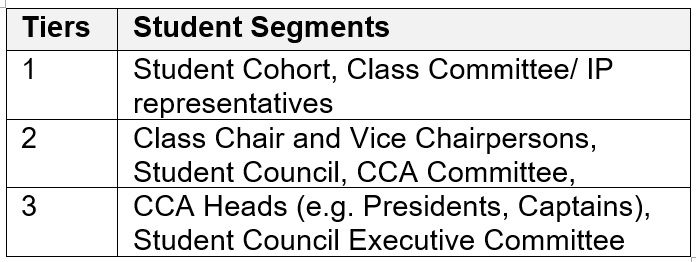
Alignment to School Values, 21 Century Competencies and Skills
The following table describes the mapping between the leadership domains to the school values, 21CC and attitudes, behaviour, competencies and skills.
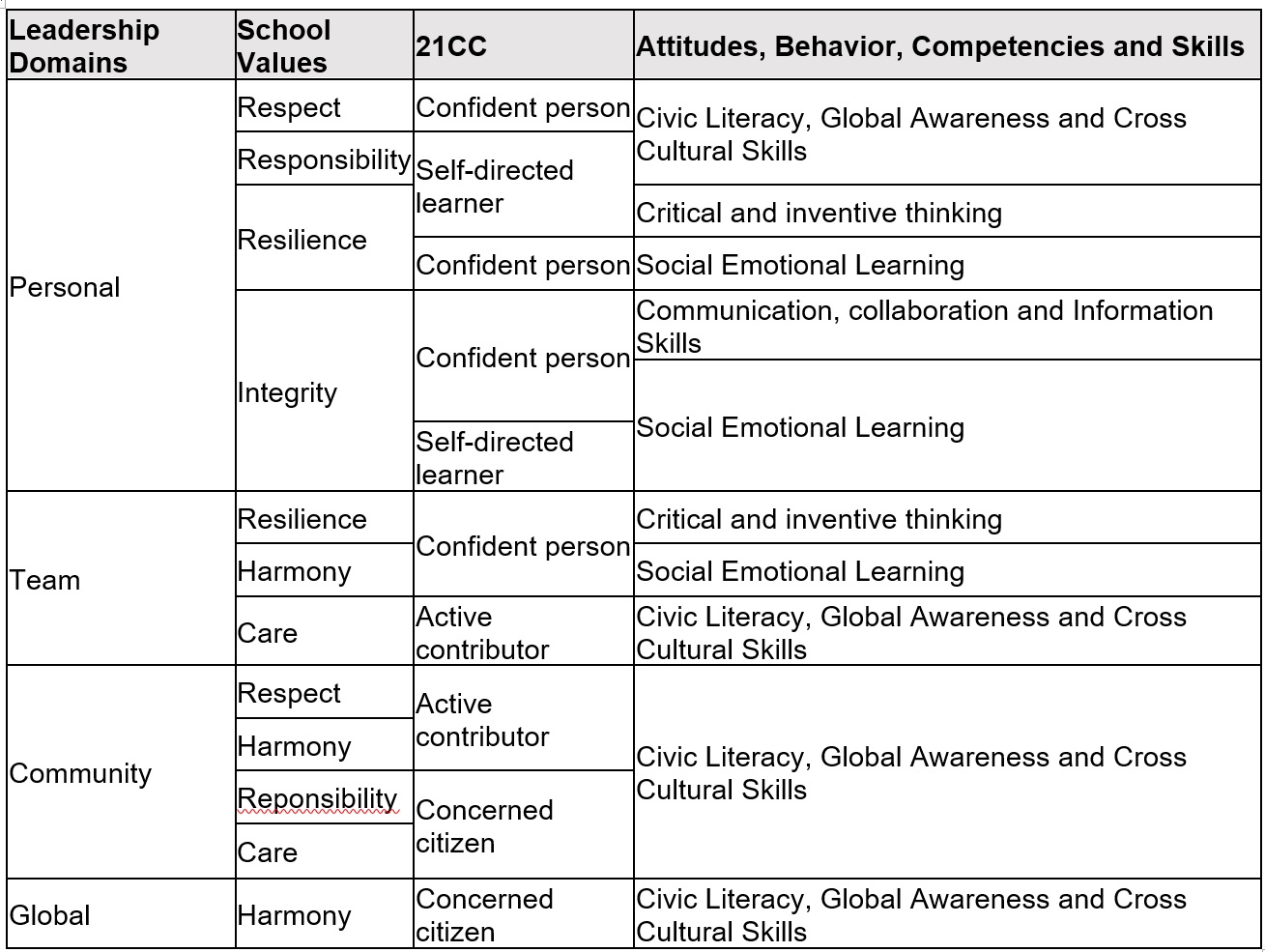
Programmes And Activities
Cohort Leadership Training - Students from the different levels will undergo a cohort leadership workshop to equip them with the skills and knowledge for the four leadership domains.
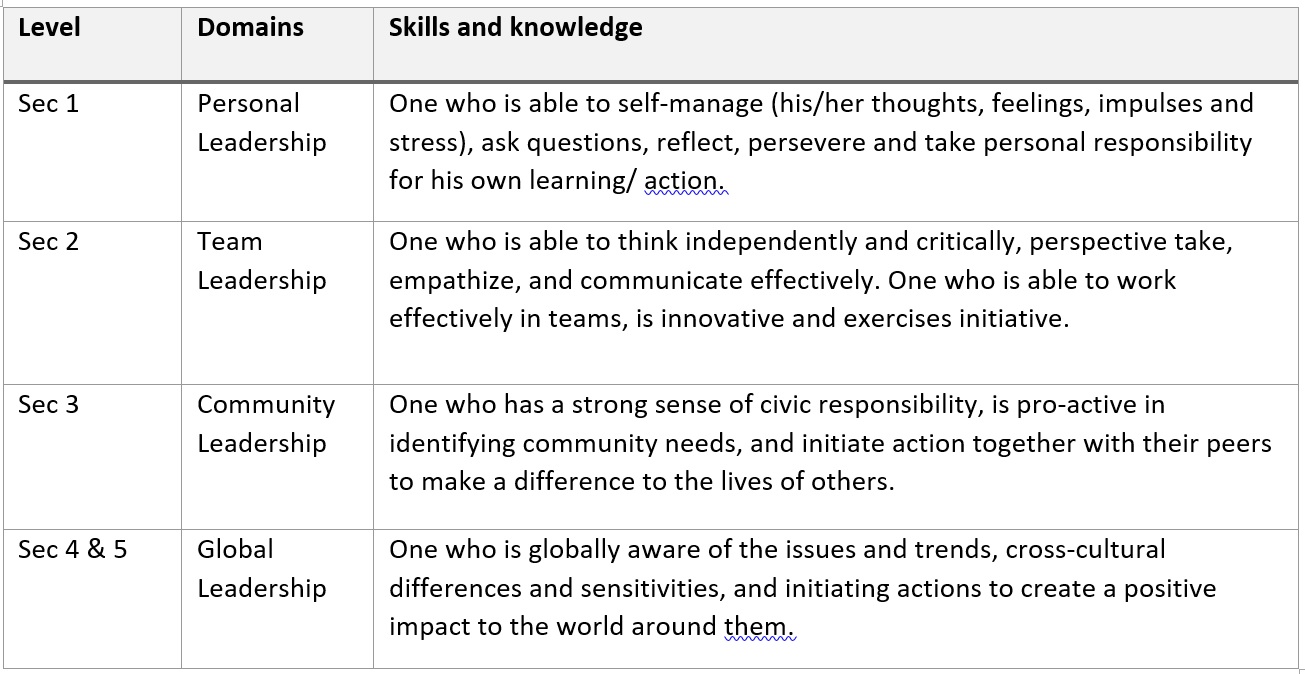
Student Leadership Development – Leadership training for different student segments (e.g. student council, class committee) are also conducted periodically throughout the year. Leaders are inducted to their new roles through the provision of platforms and opportunities to plan and execute the activities. The “Leadership Challenge Model” is used as an overarching frame to align the objective of the different domains to the leadership tiers. An online leadership module is also available to supplement students with the knowledge to lead the student body.
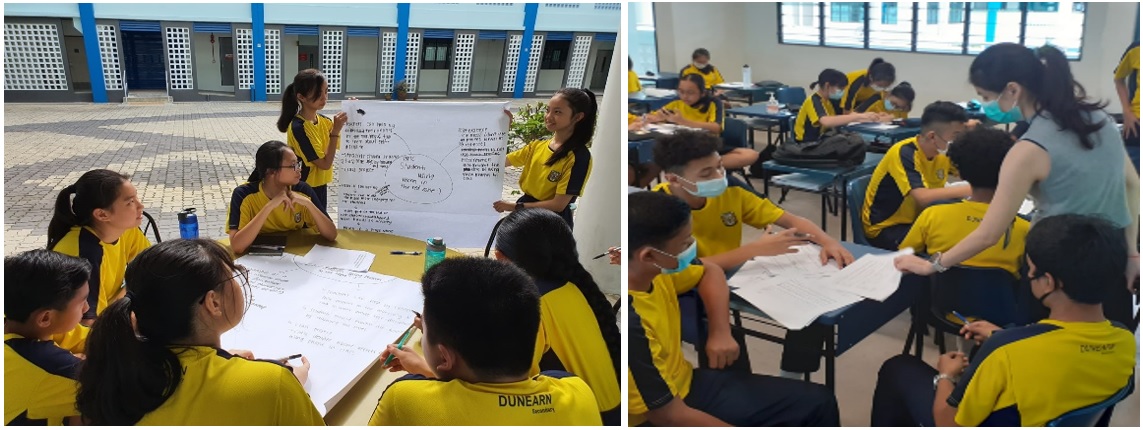
Appointment and Recognition - Students nominated for leadership appointments (e.g. Student council, Class Chairpersons, CCA leaders) are officially appointed and recognized during the student leadership investiture. The ceremony also officiates the leadership role students undertake and the handing and taking over of higher responsibilities.
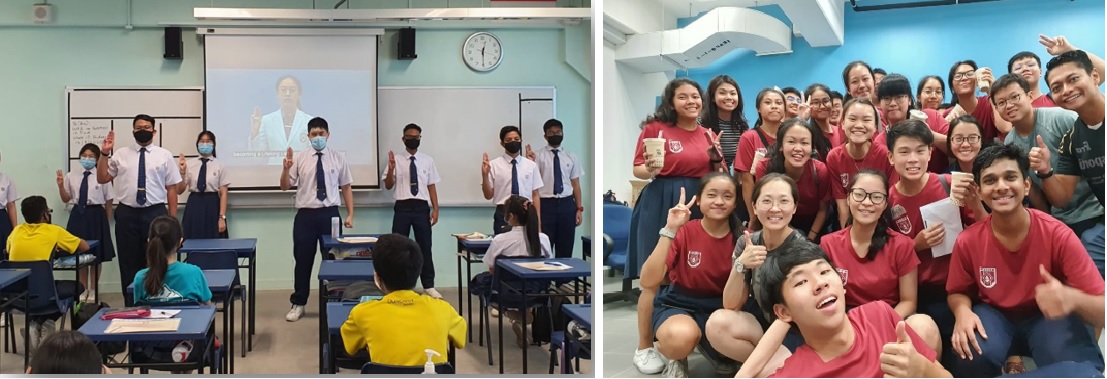
Values in Action – As community youth leaders, Dunearnites would have the opportunity to plan and participate in activities that contributes to the school, local and overseas community. Participation in Values in Action (VIA) projects such as service-learning encourages the student to take ownership and identify the community issues they are concerned about, and initiate action among peers to make a difference and improve the lives of others.
